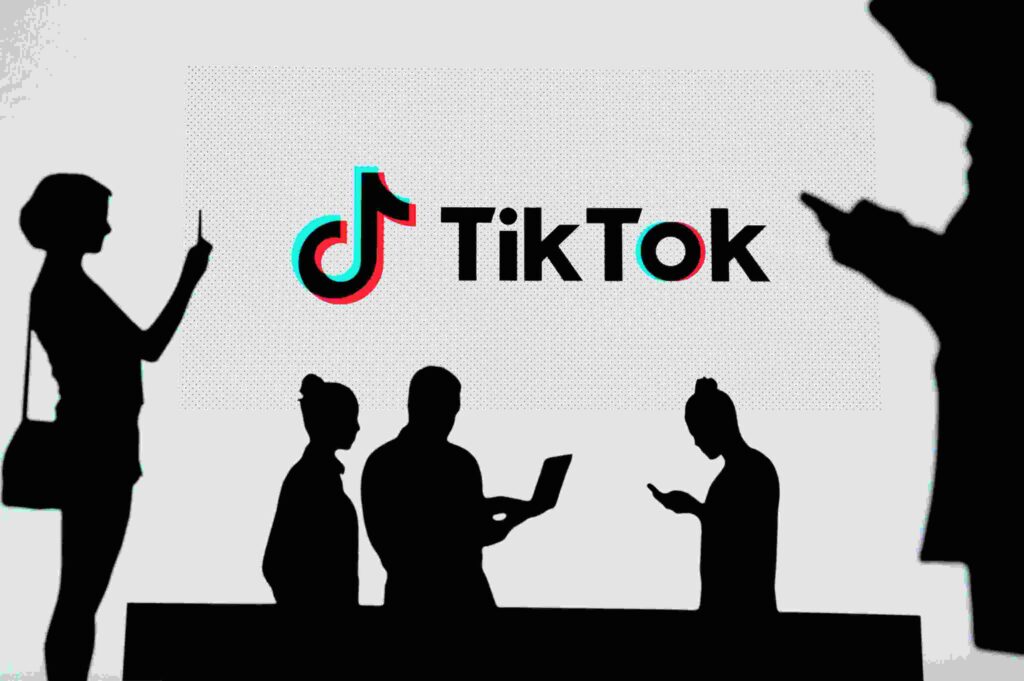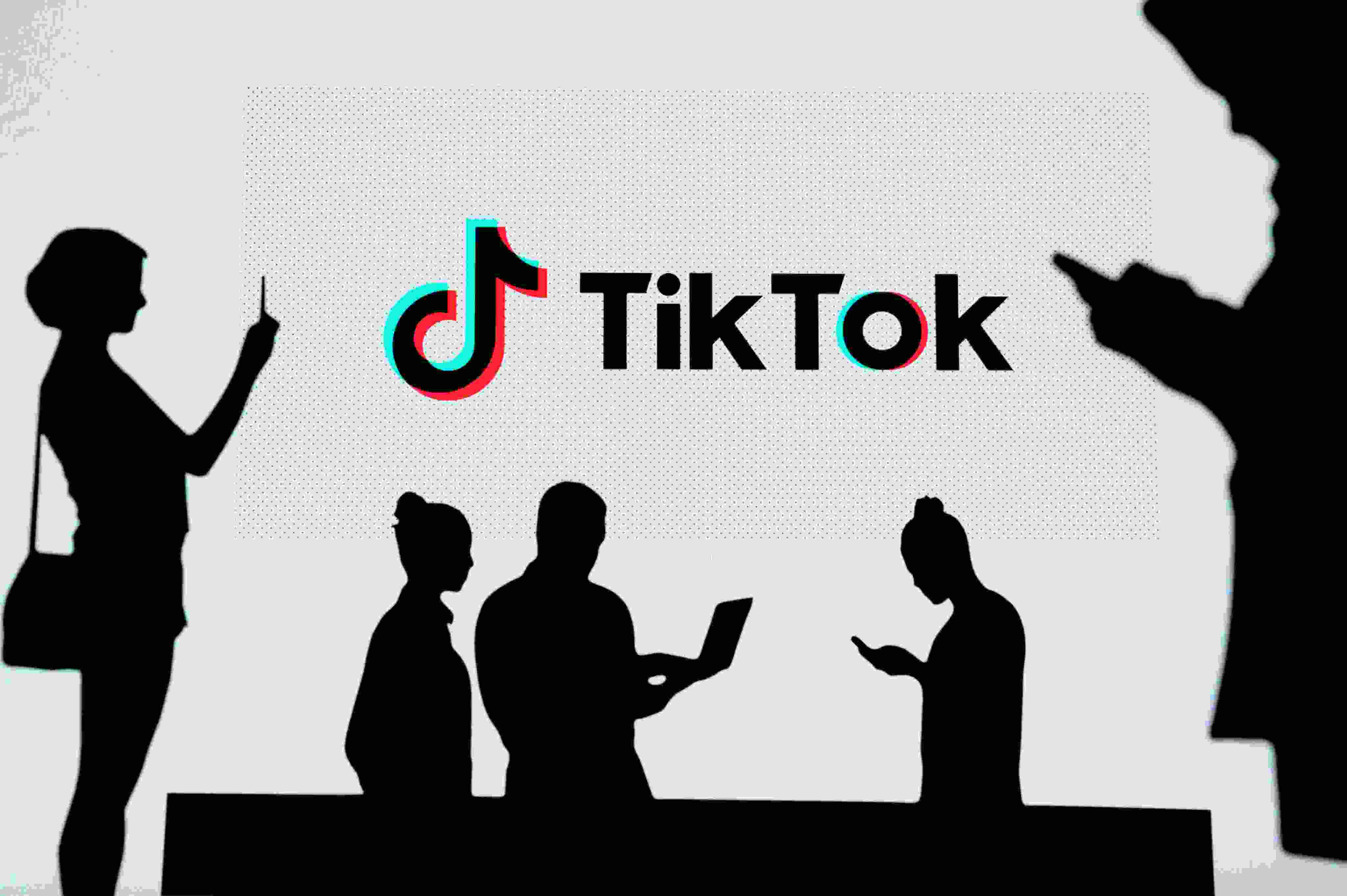OpenAI to Host First Developer Conference in San Francisco on November 6th
OpenAI, the leading artificial intelligence research lab, has exciting news for the tech world. They are set to host their inaugural developer conference, OpenAI DevDay, scheduled for November 6th.

This one-day event promises to be a game-changer in the AI community, offering developers a unique opportunity to gain insights into OpenAI’s cutting-edge technology and future endeavors.
The event is set to feature a captivating keynote address, delivered by none other than OpenAI CEO Sam Altman himself. Alongside this, attendees can anticipate a series of breakout sessions led by OpenAI’s top technical minds. The company has teased that they will be revealing “new tools and exchange ideas,” keeping the details shrouded in mystery for now.
While many enthusiasts are eager for news on GPT-5, OpenAI’s next flagship AI model, the company has confirmed that it won’t be unveiled at DevDay. Sam Altman’s statement in April clarified that GPT-5 is not in development and won’t be for some time. However, attendees can look forward to updates on Global Illumination, the AI design studio acquired by OpenAI in August. Furthermore, OpenAI will likely share insights into the availability of GPT-4’s image understanding capabilities, which have been a topic of interest due to privacy concerns.
Another intriguing aspect of the conference could be the unveiling of new techniques for watermarking AI-generated content. OpenAI recently retired its in-house tool for detecting AI-generated text due to performance issues. DevDay might provide a glimpse into its successor, addressing concerns about misinformative and plagiaristic AI-generated content.
OpenAI recognizes the significance of this event and aims to make it accessible to a broad audience. While a major part of DevDay will be held in person, including the keynote address, OpenAI plans to livestream several sessions for online viewers. The company will open registration in the coming weeks, with attendance limited to “hundreds” of developers.
Sam Altman expressed his excitement, stating, “We’re looking forward to showing our latest work to enable developers to build new things.”
The decision to host a developer conference stems from OpenAI’s vast and growing developer community, which boasts over 2 million users worldwide. These developers utilize a range of OpenAI’s generative AI tools, including GPT-4, ChatGPT, DALL-E 2 (text-to-image model), and Whisper (automatic speech recognition model).
Beyond being an opportunity for knowledge exchange, DevDay also serves as a strategic marketing move for OpenAI. The company, backed by substantial investments from Microsoft and prominent venture capital firms, is set to generate substantial revenue in the coming year, potentially reaching $1 billion. However, with fierce competition and escalating AI hardware costs, OpenAI is committed to maintaining its competitive edge in the rapidly evolving AI landscape.
OpenAI DevDay promises to be a pivotal event that not only showcases OpenAI’s latest innovations but also solidifies its position as a leader in the AI industry. Developers, tech enthusiasts, and AI aficionados alike eagerly await this groundbreaking conference in San Francisco.

I am a law graduate from NLU Lucknow. I have a flair for creative writing and hence in my free time work as a freelance content writer.





